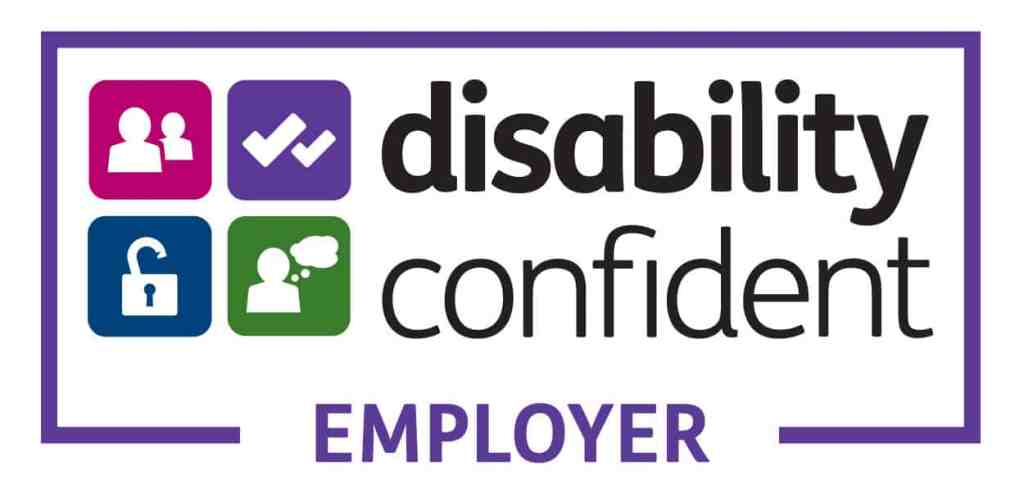It’s hard to talk sometimes.
It’s harder still to talk to someone when you’re already feeling a little vulnerable, worried, or sad.
Surely it will only unpick the stitches that you’ve tried so hard to hold together and prevent you from upholding that seamless appearance you’ve perfected over time.
Not only that, but what can someone else actually do? They probably won’t understand, they’ll think you need to just get on with it, ‘keep calm and carry on’.
Especially at work, what on earth would they think if you spoke to them about it?! ‘Lazy’, ‘weak’, ‘incapable’, ‘just after some paid time off’. That’s what they’d say. Right? They’d expect me to keep quiet…Right?
It can be so easy to think like that. To feel like you have to keep up this persona at work of some sort of strong, together, professional superhuman, who somehow manages to work hard, pay the bills, look after their family, have a social life, exercise regularly, eat healthily, sleep enough and remember to call their mum on a Sunday. Do you actually know someone who can do all of that, really?! Without any anxieties or darker moments? No, you don’t. And if you think you do, then you need to take that person out for a drink and find out what’s really going on…
Whether you are struggling with depression, weighed down with anxiety, or just feeling like you are struggling to keep things together, it’s so important to talk. And thankfully, workplaces across the country have been wakened to the fact that they can (and must) play an important part in helping their employees feel supported, looked after, and given the help they need to get things back on track (whether the stress is work related or not).
I’m not ashamed to say that I have been in this position, and don’t get me wrong bringing personal issues into a professional environment is knee-snakingly terrifying no matter how enlightened you think your organisation is. But here are my suggestions for how to approach your employer for help:
Have a 1:1 with someone you trust
Only you know who you feel most comfortable talking to about personal issues at work. Take your first step by talking to someone you trust about how you’ve been feeling. Whilst they might not be able to directly change your working circumstances, it could just help you feel a little more confident about bringing up personal issues in the workplace. Plus, you never know… they could have been in the same position and know how to help!
Talk to your line manager
Seems obvious, and a little tricky. But the key thing is, you do not need to pour your heart out to them if you don’t want to. Don’t get me wrong, if you’re close enough that you feel you can fully confide in your line manager then that’s great! But if not, try to find an opportunity to privately explain that you are experiencing a difficult period in your life, and you would like to talk through some options that you think would help. Be that flexible hours, financial advice, time off for therapy, a change in your working environment. Give them as much or as little as you feel comfortable. You might not even be sure exactly what would help, but talking to your line manager about your options could help. Remember, they’re human too, and might be struggling with the conversation as much as you are. But give them the opportunity to understand what you’re going through, and what they can do to support you. If they can, they will.
Make sure it’s on your terms
When it comes to your own mental health, every step has to be at your own pace. Don’t rush into a conversation you’re not ready for, and don’t feel pushed into telling people personal details that you simply don’t wish to share. If you don’t feel comfortable with a face-to-face conversation, have a phone call, or chat over email. You could feel ready to burst and need something to change ASAP, in which case make it clear that what you have to say is important and needs urgent attention. However, whenever and whatever you need, set the pace for yourself, and don’t let anyone rush you. If your employer values you, they will value what you have to say, and how you want to say it.
Most importantly of all, try and take a deep breath and remember you are not alone. I’ve been there, the bloke across the office from you has been there, I’ll bet even your boss has been there. Try talking, and the response you get might surprise you.
















